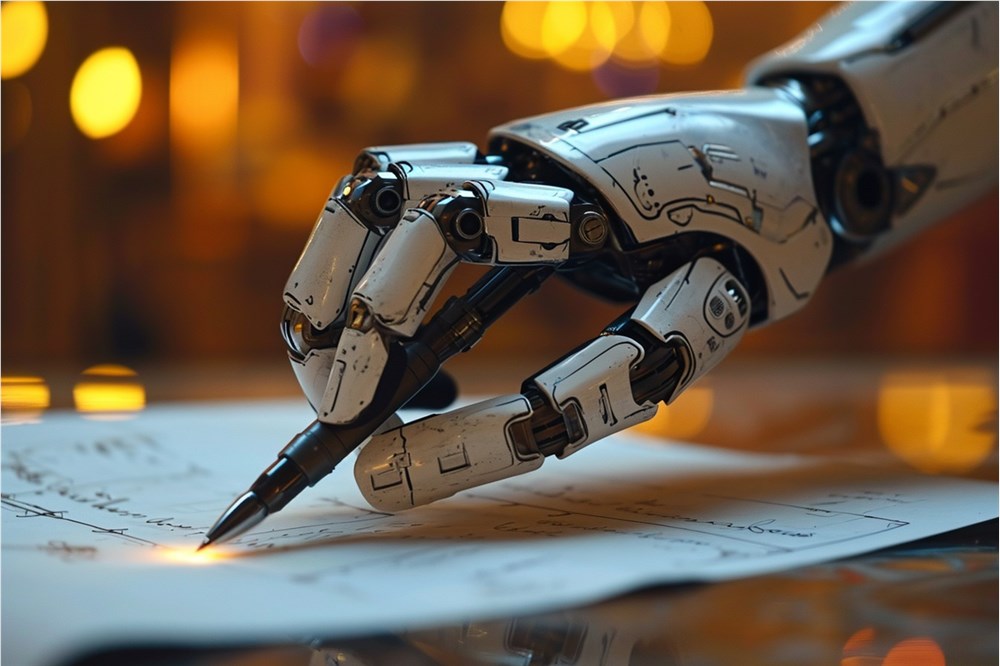Recently, the Tomato Novel platform has added an AI training supplementary agreement, requiring authors to authorize their works for use in AI content development, triggering heated discussions in the online literature community about artificial intelligence and author rights. The editor of Downcodes will conduct an in-depth analysis of this incident and discuss the contradiction between the development of AI technology and the protection of authors’ rights and interests, as well as the future development direction of the industry.
Recently, there has been a heated discussion in the online literature community about artificial intelligence and authors’ rights. The incident originated from the AI training supplementary agreement added to the signing agreement by the Tomato novel platform, which required authors to agree to use their works for the content development of the platform's AI, which triggered strong opposition from many online writers.
According to multiple online writers posting on social media, this agreement not only allegedly infringes on the rights of authors, but also poses a potential threat to the entire industry. The authors worry that the rapid development of AI technology may seriously squeeze the living space of human creators. Some authors pointed out that even if hard-working online writers insist on updating thousands or even tens of thousands of words of content every day, it will be difficult to compete with the efficiency of AI that can design a novel in one minute.

Picture source note: The picture is generated by AI, and the picture is authorized by the service provider Midjourney
Cola, a senior author who has been engaged in online literature creation for nearly ten years, said: Although I currently do not think that works independently created by AI will make it difficult for online authors to survive, artificially polished AI works will definitely squeeze the living space of original works.
This incident triggered extensive discussions in the industry on the application of AI in the field of literary creation. Supporters believe that AI can improve creative efficiency and bring new possibilities to the industry. Opponents worry that if AI is used without restrictions, the value of original works may be diluted, ultimately harming the entire online literature ecosystem.
At present, Tomato Novel Platform has not publicly responded to this matter. Industry insiders call on platforms to fully consider the rights and interests of authors while promoting the application of AI technology and establish a reasonable profit distribution mechanism to maintain the healthy development of online literary creation.
This controversy highlighted the contradiction between technological development and intellectual property protection, and also sounded the alarm for the entire cultural and creative industry. How to find a balance between encouraging technological innovation and protecting the rights of creators will be an important topic that the industry needs to discuss together in the coming period.
This incident triggered in-depth thinking on the application of AI technology and the protection of authors’ rights and interests. In the future, all parties will need to work together to find a balance between technological progress and intellectual property protection, and promote the healthy and sustainable development of the online literature industry. This requires the joint participation of platforms, authors and regulatory agencies to establish a fair and reasonable benefit distribution mechanism and a standardized legal framework.